In a comprehensive annual report released on November 15, the U.S.-China Economic and Security Review Commission (USCC) scrutinized Hong Kong’s political landscape and economic developments, calling attention to the erosion of civil liberties and the increasing influence of mainland China. The report comes on the heels of the bipartisan “Hong Kong Sanctions Act” introduced by members of the U.S. House and Senate earlier this month.
Political Landscape Under Scrutiny:
The report directly named Hong Kong Chief Executive John Lee Ka-chiu as “the executor of the interests of the CCP,” asserting that the democratic system and civil society that Hong Kong once enjoyed have been reversed. The report contends that mainland China’s complete control over Hong Kong has allowed Beijing to manipulate its politics, judiciary, religion, and education system. It cited examples such as the Jimmy Lai case and the pro-democracy primaries for the Legislative Council election, highlighting the regression of Hong Kong’s judicial system and the erosion of civil liberties.
Repression and Intimidation Across Sectors:
The report detailed the increasing repression and intimidation faced by Hong Kong’s religious communities, trade unions, and journalists, restricting their ability to participate in civil society. It noted a mass exodus of Hong Kong residents due to Beijing’s authoritarian overreach, forcing those who remain to decide between self-censorship or risking legal proceedings.
Extraterritorial Law Enforcement:
The report accused the Hong Kong government of conducting extraterritorial law enforcement, targeting individuals overseas on national security grounds, placing bounties on pro-democracy activists, and intimidating their families.
Recommendations for U.S. Action:
The USCC made two key recommendations for follow-up actions by the U.S. Congress. Firstly, it suggested directing the U.S. Department of State to include information in the annual report required by the Hong Kong Autonomy Act about the Hong Kong government’s restrictions on emigrants’ access to financial accounts, imposing sanctions on those involved. Secondly, the report recommended amending the Hong Kong Autonomy Act to evaluate limitations on Hong Kong’s judicial independence, potentially imposing sanctions on individuals serving in Hong Kong’s judiciary.
Economic Shifts and U.S. Technology Concerns:
The report expressed concerns about Hong Kong becoming a transshipment center for the transfer of U.S. technology to Russia. As foreign companies and residents evacuate, there is a growing dependence on mainland China to consolidate Hong Kong’s status as a Chinese city rather than an international one. Despite Beijing’s attempts to restore Hong Kong’s international image, the report suggests that these efforts are superficial and primarily aimed at attracting overseas investment.
In conclusion, the USCC’s annual report sheds light on the deteriorating political and civil landscape in Hong Kong, urging the U.S. government to take actions to protect emigration freedoms and judicial independence in the region. The report also raises concerns about Hong Kong’s economic shifts and its role in the transfer of U.S. technology to Russia.


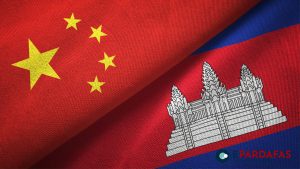

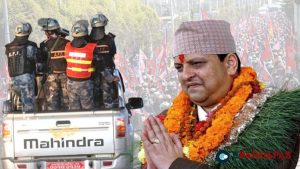

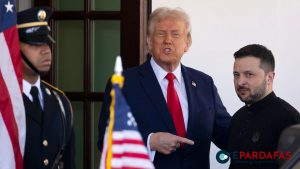

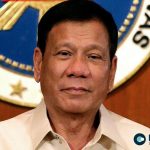
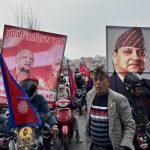




Comments